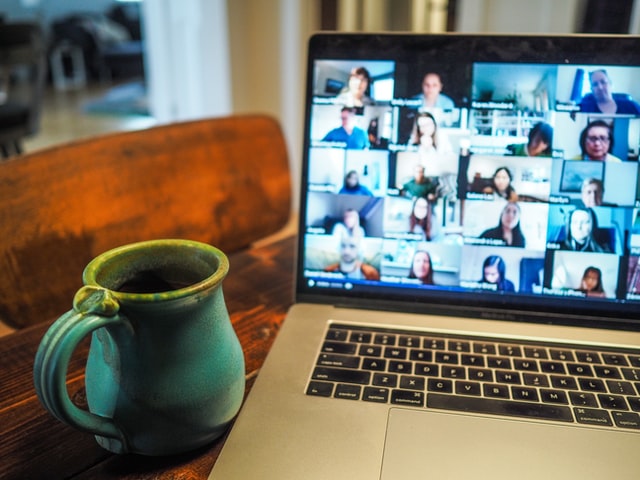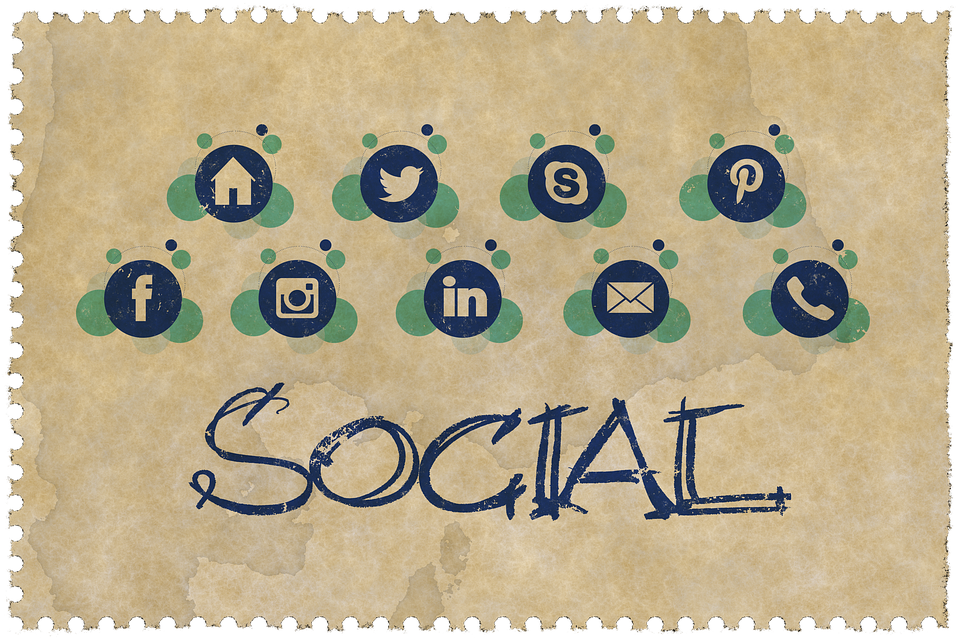We all know what the pandemic was like. Spending your days cooped up inside, unable to go out and socialize. And those who were not forced to outright abandon their jobs had to do them online. However, no one really counted on many businesses opting to keep their employees working from home even now that the vaccine is available. Leaving social media as the primary link between colleagues. Is this the right choice, however? Can social media compensate for the lack of face-to-face contact in the workplace?
The focus on trivialities
The first stumbling block of social media communication is that we do not treat it seriously. How often have you had a real conversation or a meaningful exchange over social media? Chances are not very likely.
It is, in fact, one of the leading causes of problems when it comes to social media and loneliness. No matter how much we perceive ourselves to be ‘communicating’ with others, if we do not truly connect, honestly talk, and are genuinely interested in the conversation, it cannot fill the hole left behind by the lack of face-to-face contact. And this only increased the feelings of alienation of loneliness.
So, when discussing whether social media can compensate for the lack of face-to-face contact in the workplace, the inherent nature of social media is already tilting the answer to negative.
Lack of behavioral cues
Another essential thing to keep in mind when discussing if social media can compensate for the lack of face-to-face contact in the workplace is the lack of body language in any communication.
In our everyday lives, we take in a surprising amount of information from non-verbal cues. You do not get the sense that someone is disinterested in your conversation because they bluntly say it. You notice it from their shifting eyes. From nervous ticks. From the minor, subconscious expressions and motions that we have been trained to pick up on.
Without these cues, social media communication can often feel impersonal and disjointed.
Not to mention the fact that, without being able to gauge the other person’s reaction properly, we are often hesitant to share important information. Or even discuss important matters, be they related to work or be they personal.
Lack of physical contact
We do not think about how reassuring and normal physical contact is.
Handshakes. Patting someone on the shoulder. A quick, reassuring hug between friends. All of these things and more are things we barely even notice when we are just going through a typical day in our workplace.
However, when these things are suddenly taken away, we feel the lack of them acutely. Just think about preparing for an important presentation that a lot hinges on. Your workplace friends would have been there to support you, to reassure you. That quick hug we mentioned could have helped you brace yourself and better prepare for the task ahead. Instead, you are reduced to a short, impersonal ‘good luck!’ over a messaging app.
Most people might not think it is a big deal. But such physical reassurance has been amply proven by psychologists to provide a lot of support for people prone to anxiety and panic. And lack of the same can have serious consequences.
The hurried nature of online communication
Think about how long you typically spend chatting online. Oh, you could spend hours on it. But what is the pace of such conversations like?
Experts warn that many miscommunications and problems can arise from the tendency to rush through online conversation. And this does not affect just the social side of things! Business deals, presentation prep work, discussing work problems, the way employees communicate with customers through live chat- a lot of such, admittedly important, things are often rushed because we are used to the fast pace of the internet.
And, of course, this can have severe consequences down the line. Mistiming your cinema visit because you misunderstood things online is one thing. What about messing up crucial presentation data? Or the time when you are supposed to give that presentation? I think we can all agree that it would be a tad bit more serious a problem.
The emphasis of work tasks
If you think about making friends as an adult, then most would say that the place to do that is your workplace. And that’s perfectly natural! You spend a lot of your time at work, and you have to work closely with those people. Why would you not want to make friends with them?
On the other hand, consider what social media interaction is like when working from home. Most of your messages will be about work. They will be efficient and to the point, sure. But they will also lack any real opportunity to make friends.
When you are in the workplace, you can still find brief snatches of time to chat and get to know each other. To hang out a bit. And you are often not even aware you are growing closer! Social media, when using it for work, does not offer this opportunity.
The inherent negativity that the lack of socialization inspires
Humans are social creatures, whether we like that fact or not. As such, it is often hard to hang onto positivity when we are forced to refrain from face-to-face contact for a while. And, if you are working from home, you most likely will be.
Work hours tend to be somewhat flexible when working from home. But this is also, frankly, a trap we make for ourselves. It is tempting to stretch one’s workload out over the entire day. This way, you can take enough small breaks to ensure you are not too tired from working. But, at the same time, it also means you will spend most of the day at home, with at most a quick trip to the store or a short walk. And such behavior only exacerbates the harsh realities of adulthood and loneliness.
During this time, even if you have free access to social media, you would likely be hesitant to use it. The loneliness and negativity you would be burdened with would make you reluctant to try and connect with anyone. Which, in turn, would make you lonelier and more depressed, turning into a downward spiral.
So, in this aspect, the question of whether social media can compensate for the lack of face-to-face contact in the workplace becomes redundant.
Final Comment
Now that we have discussed some aspects of whether social media can compensate for the lack of face-to-face contact in the workplace, my attitude should be evident. The answer is no. There is no way for social media to fully replace face-to-face human contact. And the longer we are denied it, the worse our mental state will suffer.




